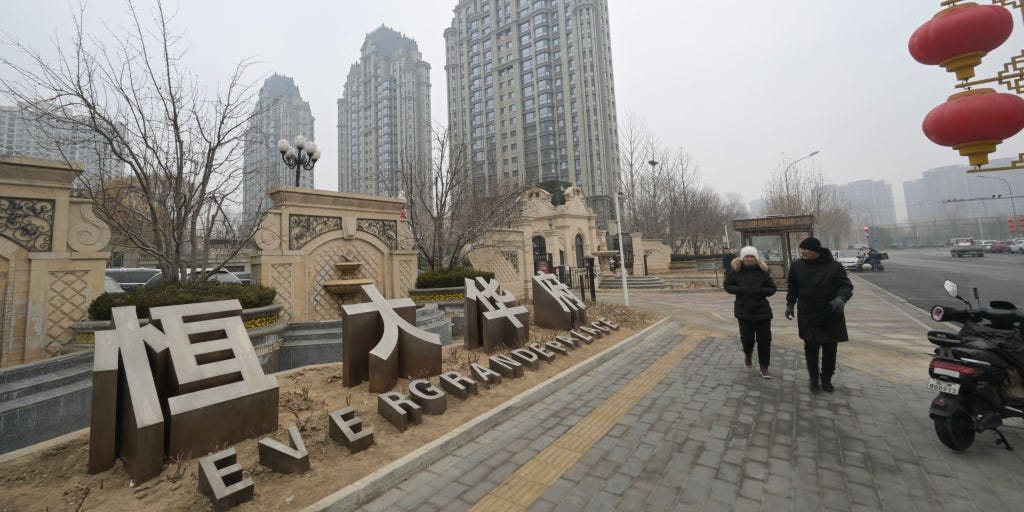A Hong Kong court ordered the liquidation of China Evergrande, the world’s most indebted property developer.
Evergrande has assets of about $245 billion, but owes about $300 billion.
Its demise is a “controlled collapse,” but still raises systemic risk and will hurt investors, says an analyst.



Probably not very much.
The real question is whether there’s going to be a ripple effect but it’s not looking like that yet.
It trades on Hong Kong Stock Ex so not a traditional Chinese market, but technically a Chinese one nonetheless. Honestly considering how many tech stocks are traded in retirement funds today, Evergrande probably once seemed like a relatively conservative investment.
Rule of thumb is about 1/3 go to foreign investment for a typical retirement account in the US. But you’re right, it should be a very small part of the average portfolio.